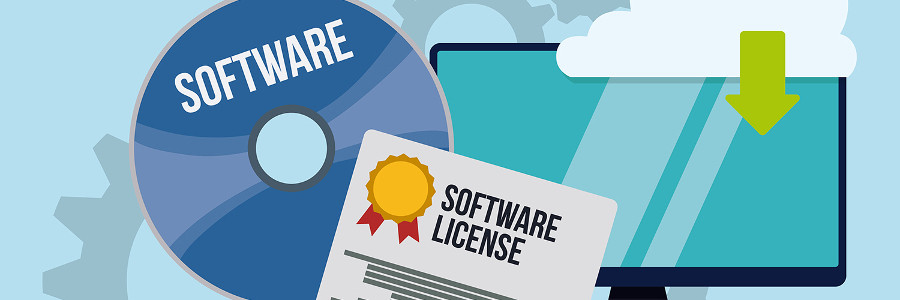Hyperconvergence isn’t something only large enterprises can benefit from — businesses of all sizes should consider this infrastructure strategy. Read on to learn more about what hyperconvergence can do for your company.
What are hyperconverged infrastructures?
In a traditional IT environment, networking, server, and storage hardware need to be purchased separately and configured to work together as a cohesive system.
The benefits of hyperconverged infrastructure










